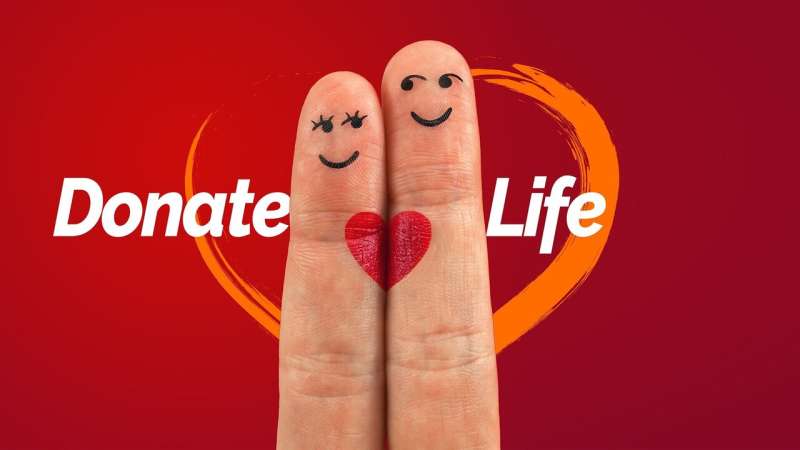This article has been reviewed according to Science X's editorial process and policies. Editors have highlighted the following attributes while ensuring the content's credibility:
fact-checked
reputable news agency
proofread
Consumer Health: The truth about organ donation

April is National Donate Life Month. This annual observation raises awareness about donation, encourages people to register as donors and honors those who have saved lives through the gift of donation.
Over 100,000 people in the U.S. are waiting for an organ transplant. And it's estimated 20 patients die every day in the U.S. because of the lack of donor organs.
Have you considered becoming a donor?
If you've never considered organ donation or delayed becoming a donor because of possibly inaccurate information, here are answers to some common organ donation myths and concerns:
Myth: If I agree to donate my organs, my health care team won't work as hard to save my life.
Fact: When you go to the hospital for treatment, your health care team focuses on saving your life—not somebody else's.
Myth: Organ donation is against my religion.
Fact: Organ donation is consistent with the beliefs of most major religions, including Roman Catholicism, Islam, most branches of Judaism and most Protestant faiths.
Myth: I'm under 18, so I'm too young to make this decision.
Fact: Many states allow people younger than 18 to register as organ donors, but your parents or legal guardian will make the final decision. Discuss your wish to become an organ donor with your family members, and ask for their consent. Keep in mind that children, too, are in need of organ transplants, and they usually need organs smaller than those an adult can provide.
Myth: I'm too old to donate. Nobody would want my organs.
Fact: There's no defined cutoff age for donating organs. The decision to use your organs is based on strict medical criteria—not age. Don't prematurely disqualify yourself. Let your health care team decide when you die whether your organs and tissues are suitable for transplantation.
Myth: I'm not in the best of health. Nobody would want my organs or tissues.
Fact: Few medical conditions automatically disqualify you from donating organs. The decision to use an organ is based on strict medical criteria. It may turn out that certain organs are not suitable for transplantation, but other organs and tissues may be fine. Don't prematurely disqualify yourself. Your health care team can determine whether your organs are suitable for transplantation when you die.
Myth: I'd like to donate one of my kidneys now, but I wouldn't be allowed to do that unless one of my family members is in need.
While that used to be the case, it isn't any longer. Whether it's a distant family member, friend or complete stranger you want to help, you can donate a kidney through certain transplant centers.
If you decide to become a living donor, you will undergo extensive questioning to ensure that you are aware of the risks and that your decision to donate isn't based on financial gain. You also will undergo testing to determine if your kidneys are in good shape and whether you can live a healthy life with just one kidney.
Myth: Rich and famous people go to the top of the list when they need a donor organ.
Fact: The rich and famous aren't given priority when it comes to allocating organs. It may seem that way because of the amount of publicity generated when a celebrity receives a transplant, but they are treated no differently from anyone else. The reality is that celebrity and financial status are not considered in organ allocation.
2023 Mayo Clinic News Network.
Distributed by Tribune Content Agency, LLC.




















